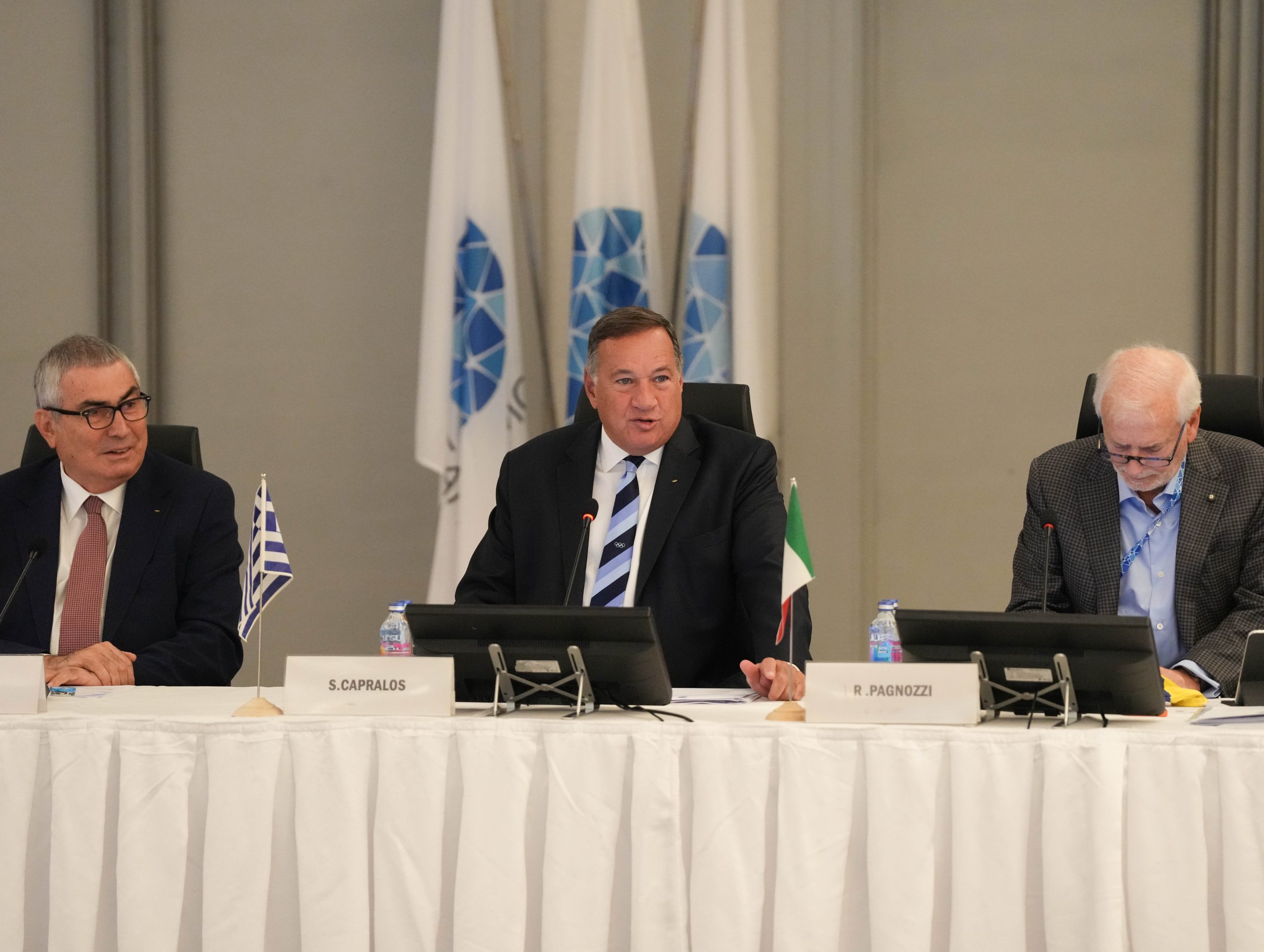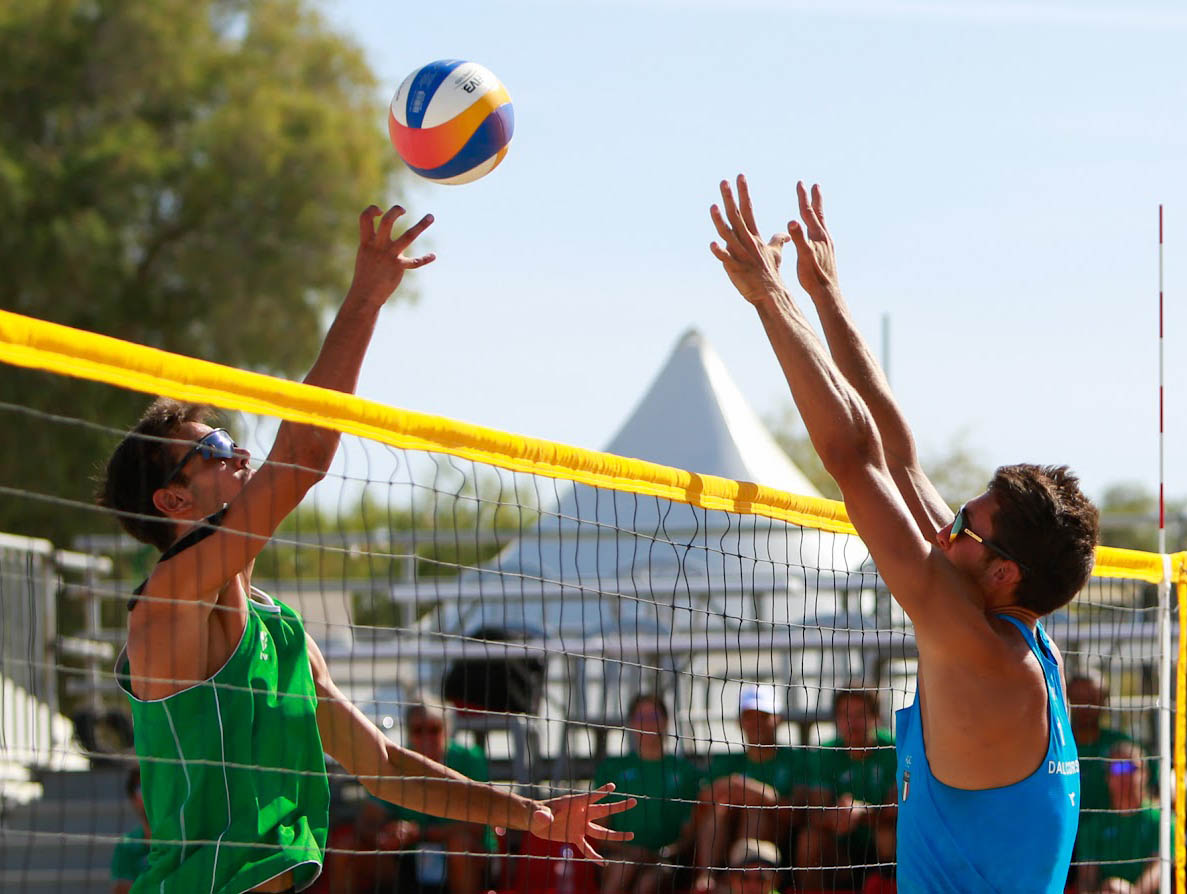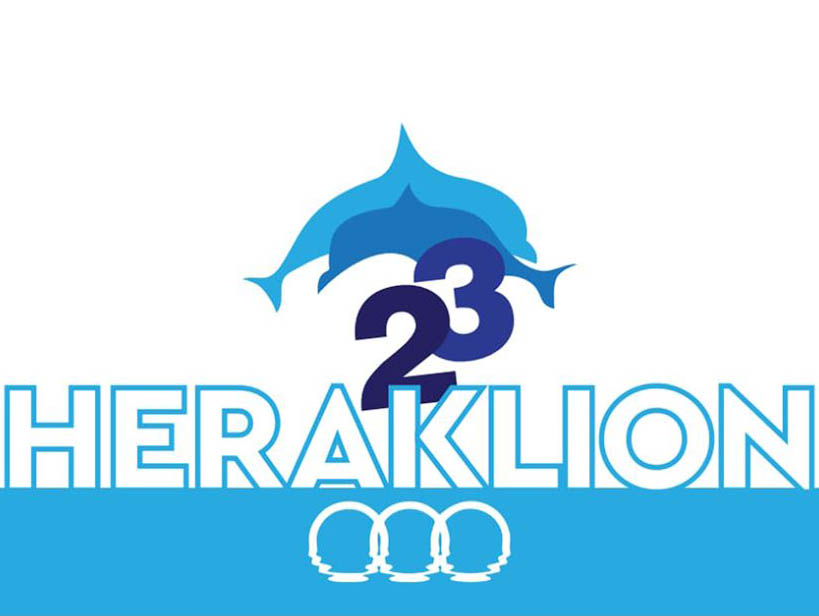1. European Commission: complementary information about study on gambling
The Swiss Institute of Comparative Law has published new documents regarding its study on gambling within the European Internal Market, commissioned by the European Commission. These documents following the conference held in Geneva on May the 8th are mainly composed of PowerPoint presentations, which summarize the economic and legal approaches of the study.
http://www.isdc.ch/en/default.asp
2. Gambling activities before the ECJ once more
On May 16th the conclusion of the Advocate General in the so-called Placanica case was published. The Italian Tribunale di Larino had asked the ECJ for a respective judgement.
Background: Stanley International Betting Ltd., a company operating in the international sports betting industry, appealed to an Italian court in order to obtain annulment of a decree ordering the blocking of gambling websites except for those operated under Italian state concessions. Stanley International Betting disposes of such a concession for the UK.
According to the Advocate General both article 43 and 49 of the EC Treaty contradict regulations which deprive a foreign company of the possibility to collect, accept, register or transmit bets in another member state if the company possesses such a concession in its home member state particularly if the potential host member state does not grant concessions to foreign applicants as a matter of principle.
Hence, if a company possesses a concession for the provision of internet gambling activities in one member state the company shall not be hindered from offering the same service in another member state regardless of national legislation concerning state concessions. This can be considered as a consequent follow-up of the Gambelli ruling (November 2003).
The conclusions are no official and final position of the European Court of Justice which is due to follow in approx. 6 months. This should rather be seen as a first estimation of the Advocate General which is, though, adopted by the ECJ in some 80% of the cases.
3. Simplified application procedure for EU funding from 2007
With the start of the new EU funding period in 2007, the procedures for funding applications are to be simplified and made less off-putting than has previously been the case, particularly for applications involving relatively small grants. To this end, the European Commission has explicitly stated the standard of proportionality will apply in a proposal for the amendment of the EU budget regulation. Thus, SMEs, schools, non-governmental organisations, universities, small municipalities etc. will be confronted with less red tape in future, and will be required to submit less documentary evidence of their economic performance, for example.
The management of funds is also to become more flexible. If necessary, it should become possible for Member States to carry out grant procedures jointly with the EU institutions, for example. A more effective catalogue of measures is included in the revised budget regulation, e.g. with regard to auditing, in order to be able to ensure effective monitoring that the funding approved has been used correctly, even under the relaxed conditions of access to EU funding.
The amended budget regulation still needs to be approved by the Council in liaison with the Parliament before the Commission can change the implementing provisions relevant for the approval of funding.

















